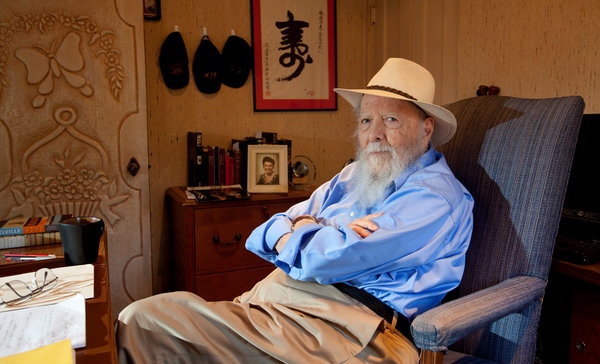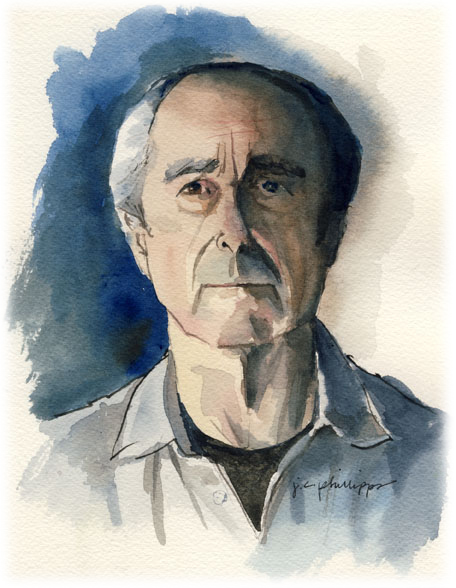Gathered by Mandi Casolo
If you haven’t realized it already, dialogue is perhaps the most complicated element of creative writing. Read “What We Talk About When We Talk About Love” and the underlying meaning behind speech is apparent. Contrary to common advice, short story writer Thomas Lee argues it’s not possible to write what you hear.
We’ve all been there: desperate for a state of mind, you’ve popped a bottle of wine or twisted the top off that whiskey, turned on some Mumford and Sons or Electric Light Orchestra (what have you) for ambiance and tried to write, but end up weeping over an ex or having a dance party in your robe. If you’ve ever tried to write to music, you might not have been surprised to find (or not) that some of the lyrics to that song you thought would produce a “mood” had crept into your character’s dialogue or wove its melody into your description. Poet Michael Klein provides some suggestions for writing music that won’t be counterproductive.
The superlative award for Most Endearing Author Interview goes to Herman Wouk whose new book The Lawgiver–a compilation of emails, Skype transcripts and text messages–is surprisingly modern for a 97-year-old WWII veteran (post-Veteran’s day thanks!). His wife, whom he was married to for 66 years before she died at 90, plays a major role in the novel. Wouk keeps a photograph he received of her in a love letter during his foreign service framed on his desk–cue the “AW.”
In related news, T.S. Eliot’s wife, Valerie Eliot, died at the age of 86. A voracious and determined woman, Valerie was already on first-name terms with the “The Waste Land” poet at 14 when she declared “I must get to Tom.” The rest is history for this patron of poetry.
What is with all the depressing news this week? Promise this is the last bit: Philip Roth has announced his retirement. How do you retire from writing? I guess when you’ve written a “great American novel” and haven’t received a Nobel, you deserve to dedicate the last decade of your life to yourself–maybe. Without any new material you can expect proposals for collected works of correspondence and unpublished notebook material to start flooding publishers. For now, be prepared for the inundation of categorized writing advice such as “10 Lessons from the Professor of Desire.”


